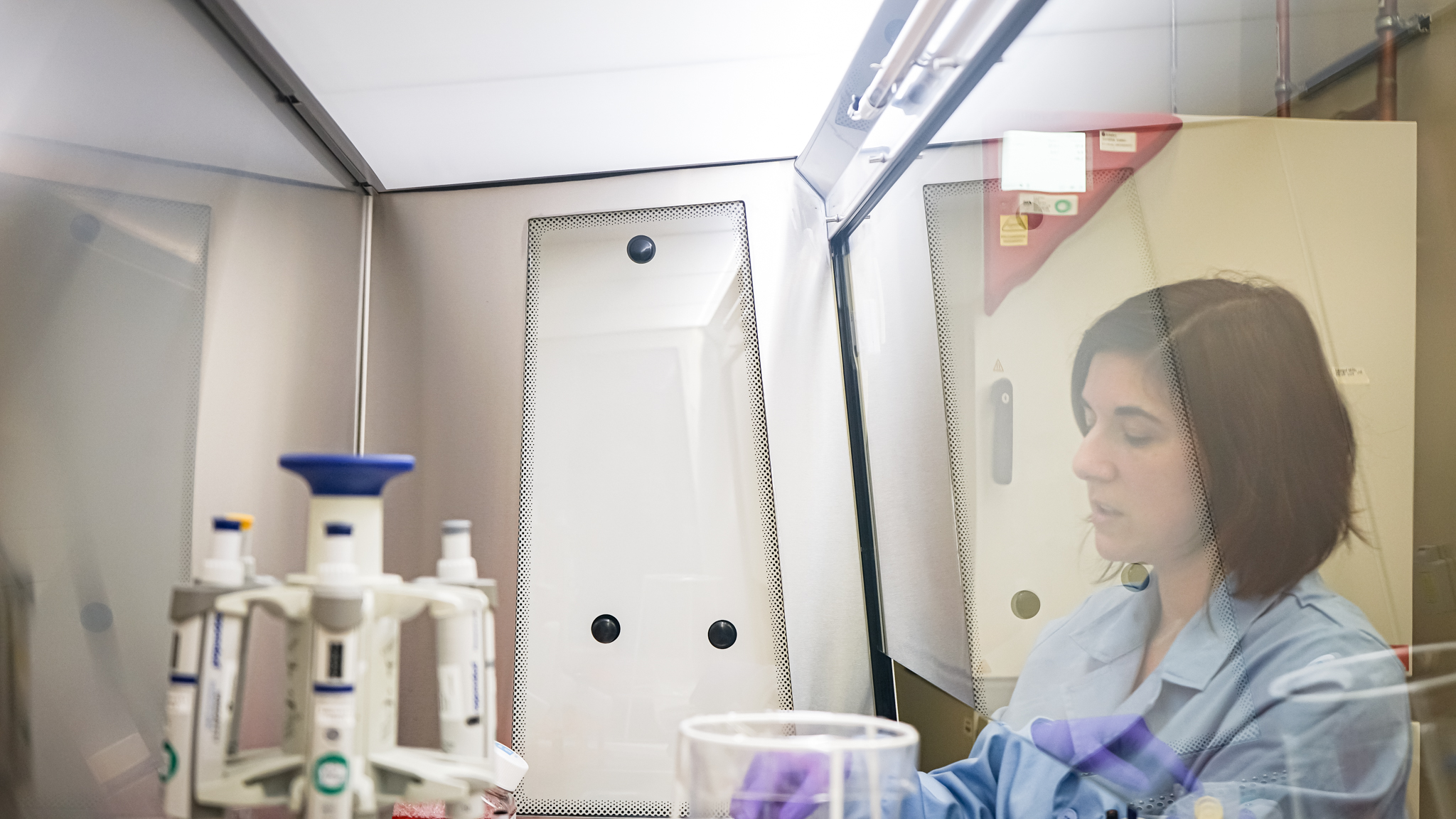
INL Food Cluster, working to build a better agri-food system
October 21, 2022
Long before it reaches our plates, the process of food production, processing and distribution is affecting the quality and length of life on our planet. Action is needed to make the agri-food system more resilient, efficient, sustainable, trustworthy and inclusive. Additionally, food safety risks occur along the food chain from a number of biological and chemical contaminants. Malpractices or fraudulent practices could also lead to increased food safety risks.
The actions of the industry, government, academia and consumers now will influence the integrity of our food system for future generations. In particular, science and technology have a role in developing new solutions to replace unsustainable food production methods; to help achieve food quality, safety and authenticity; and to connect consumers with the food system
The Food Cluster at INL – International Iberian Nanotechnology Laboratory is working towards applying nanotechnology to build a better future agri-food system through the development of personalised food products for specific populations, such as people with particular diseases or nutritional needs, through fast and reliable technologies based on DNA analysis to ensure the authenticity of food products at different points of the food value chain and at the same time we are also working on more sustainable food packaging solutions.
Some bioactive compounds, for example, vitamins, have great nutritional or therapeutic potential, however, they can’t be combined directly with food. These compounds might be destroyed during digestion; sometimes these products have a bad taste and people don’t want to take them. Researchers are developing nanoparticles from natural materials (algae, shrimp shells) – to protect these bioactive molecules from harsh digestive conditions or to mask their flavour – to be incorporated in food products.
In the INL Food Cluster, we also have researchers who are working on more sustainable food packaging solutions. The main goal is to extend the shelf-life of products and reduce food waste. Nanotechnology can enhance the properties of different packaging materials, using special coatings with antimicrobial and antioxidant compounds. Additionally, we are also developing sensors to be incorporated into the food packaging that is able to indicate the quality and safety of packed food and developing miniaturised devices, including gut-on-chip models, to evaluate food nanosafety.
Currently, there are significant limitations to implementing a global food integrity system which controls safety, authenticity, ethics, fraud, traceability and quality: the food value chain does not have smart sensors installed in its full production environment. At INL we are now exploring blockchain technologies for food integrity. The main goal is to extend the shelf-life of products and reduce food waste. Nanotechnology can enhance the properties of different packaging materials, using special coatings with antimicrobial and antioxidant compounds.
More recently, the United Nations (UN), an international organisation that brings together its member states to confront common challenges, developed the 2030 Agenda for Sustainable Development. This agenda outlined 17 Sustainable Development Goals (SDGs) which all member states committed to achieving. The food system is at the core of a number of these SDGs. In particular, the second of the UN’s SDGs, Zero Hunger – is to end hunger, achieve food security and improved nutrition and promote sustainable agriculture.
The INL Food Cluster will continue its work and strive to achieve a global food system that is not only safe, accessible and nutritious but also, that our food is authentic, sustainable and ethical.


